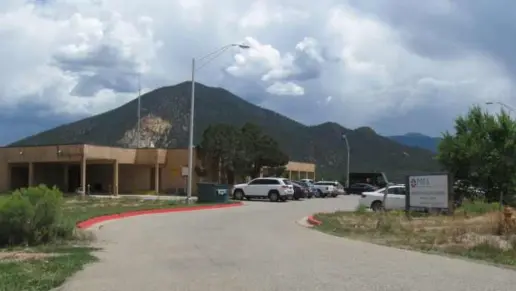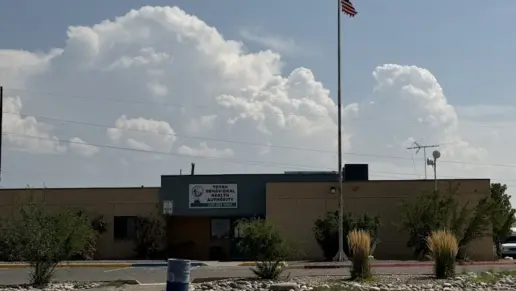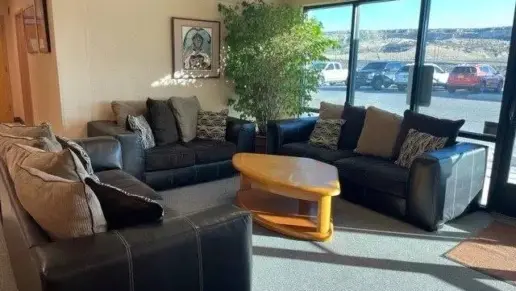Oh my! Where do I begin?- Meeting Jeremy C. upon arriving at Turning Point has been such a blessing. Immediately me, my daughter and my son had a "connection" with this fine gentlemen. He gave us hope, never judged my son, and talked "straight" from the get go. We are ...
About Turning Point Recovery Center
Turning Point Recovery Center is an Albuquerque, New Mexico drug rehab facility. They offer many levels of care from detox and residential treatment to recovery housing and alumni services. They accept clients who have co-occurring mental health disorders.
Turning Point Recovery Center believes that recovery is multidimensional and personal. They’ll work with you to create a plan that meets your goals. This might include parenting or LGBTQIIA+ groups, wellness and fitness programs and peer support groups.
They focus on proven practices that will help you move toward your recovery destination. Their treatment focuses on building your resilience to difficult experiences and stress. They will help you learn how to build deep relationships with yourself and others and reframe negative thought patterns.
Turning Point accepts most commercial insurance plans. They are in-network with Aetna, Blue Cross Blue Shield of New Mexico, Western Sky Community Care, Molina Healthcare, Presbyterian, First Health Network, MHN a Health Net Company and TRICARE. During your first visit, they’ll go over your coverage and what your co-pays will be.
This initial visit tends to last two hours. You’ll talk about your situation with a therapist and choose a treatment plan. I like that this clinic aims to see each new client in less than one business day of your phone call. If you choose to begin treatment, you can start intensive outpatient treatment right away.
Facility Overview
Latest Reviews
Rehab Score
Gallery
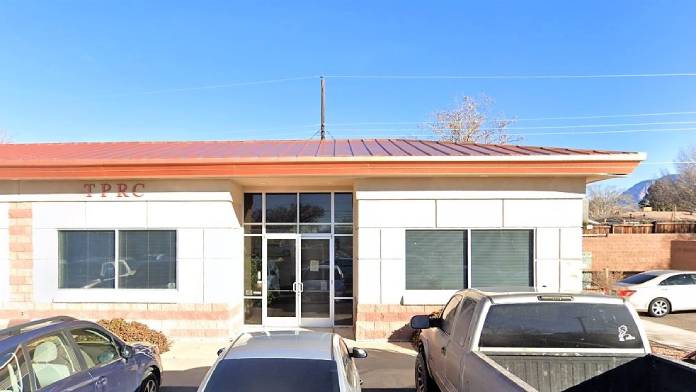
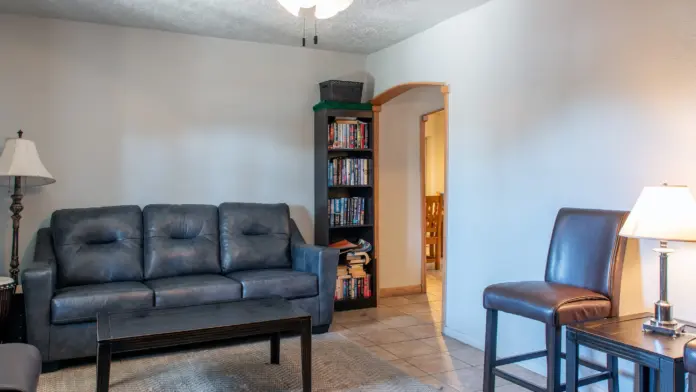
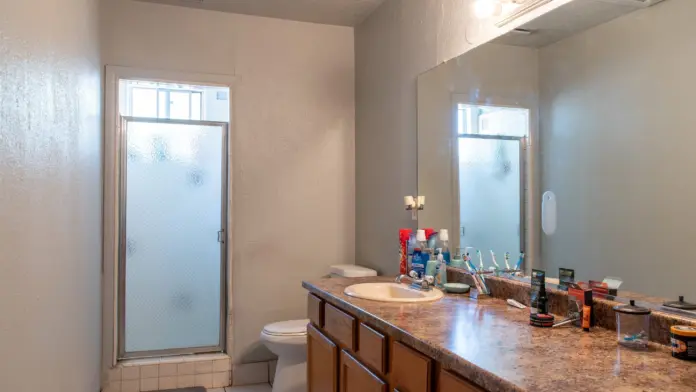

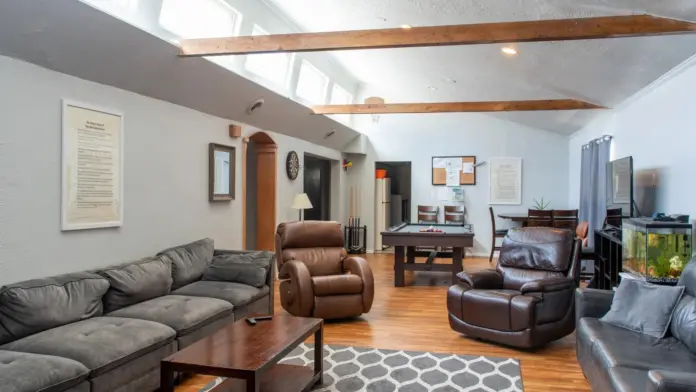
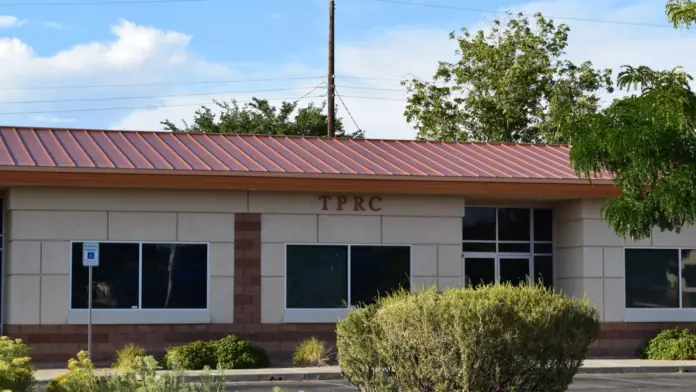
Location
Accepted Insurance

Other Forms of Payment
Private insurance refers to any kind of healthcare coverage that isn't from the state or federal government. This includes individual and family plans offered by an employer or purchased from the Insurance Marketplace. Every plan will have different requirements and out of pocket costs so be sure to get the full details before you start treatment.
Self-pay involves paying for treatment out of your own pocket. You can use savings or credit, get a personal loan, or receive help from family and friends to fund your treatment. If you don't have insurance or your insurance plan doesn't cover a specific program, self-pay can help ensure you still get the care you need.
Financial aid can take many forms. Centers may have grants or scholarships available to clients who meet eligibility requirements. Programs that receive SAMHSA grants may have financial aid available for those who need treatment as well. Grants and scholarships can help you pai for treatment without having to repay.
Medicaid is a state based program that helps lower-income individuals and families pay for healthcare. Medicaid covers addiction treatment so those enrolled can use their coverage to pay for rehab. When a program accepts Medicaid the client often pays very little or nothing out of their own pocket.
Military members, veterans, and eligible dependents have access to specific insurance programs that help them get the care they need. TRICARE and VA insurance can help you access low cost or no cost addiction and mental health treatment. Programs that accept military insurance often have targeted treatment focused on the unique challenges military members, veterans, and their families face.
Addiction Treatments
Levels of Care
Treatments
The goal of treatment for alcoholism is abstinence. Those with poor social support, poor motivation, or psychiatric disorders tend to relapse within a few years of treatment. For these people, success is measured by longer periods of abstinence, reduced use of alcohol, better health, and improved social functioning. Recovery and Maintenance are usually based on 12 step programs and AA meetings.
Each drug rehab in New Mexico offers unique amenities and treatment methods. Common aspects of treatment include group and individual counseling, recreational therapy, medication management, and healthy living. Aftercare is often provided to prevent relapse.
Opioid rehabs specialize in supporting those recovering from opioid addiction. They treat those suffering from addiction to illegal opioids like heroin, as well as prescription drugs like oxycodone. These centers typically combine both physical as well as mental and emotional support to help stop addiction. Physical support often includes medical detox and subsequent medical support (including medication), and mental support includes in-depth therapy to address the underlying causes of addiction.
Substance rehabs focus on helping individuals recover from substance abuse, including alcohol and drug addiction (both illegal and prescription drugs). They often include the opportunity to engage in both individual as well as group therapy.
Programs



Clinical Services
Group therapy is any therapeutic work that happens in a group (not one-on-one). There are a number of different group therapy modalities, including support groups, experiential therapy, psycho-education, and more. Group therapy involves treatment as well as processing interaction between group members.
When the first need is for alcohol detoxification or drug abuse services, go to a specialist. At Turning Point, all their counselors work 100% on resolving addictions. Don’t seek out a private practice counselor and think he/she can get you through recovery. You need a full service facility with the range of services they offer.
Trauma therapy addresses traumatic incidents from a client's past that are likely affecting their present-day experience. Trauma is often one of the primary triggers and potential causes of addiction, and can stem from child sexual abuse, domestic violence, having a parent with a mental illness, losing one or both parents at a young age, teenage or adult sexual assault, or any number of other factors. The purpose of trauma therapy is to allow a patient to process trauma and move through and past it, with the help of trained and compassionate mental health professionals.
If you attend couples therapy in New Mexico, you can expect to work with the therapist and each other to identify emotions, explore your history, and learn new skills to help you better meet relationship challenges. These skills may include problem solving, conflict resolution, and anger management.
Research clearly demonstrates that recovery is far more successful and sustainable when loved ones like family members participate in rehab and substance abuse treatment. Genetic factors may be at play when it comes to drug and alcohol addiction, as well as mental health issues. Family dynamics often play a critical role in addiction triggers, and if properly educated, family members can be a strong source of support when it comes to rehabilitation.
With a therapist's guidance, experiential therapy in New Mexico provides hands on interventions that give you deeper access to your motivations, creativity, and emotions. This mode of therapy allows you to reflect on your experiences and resolve inner conflicts you may have ignored in the past.
Amenities
-
Residential Setting
-
Private Setting
Staff & Accreditations
Staff
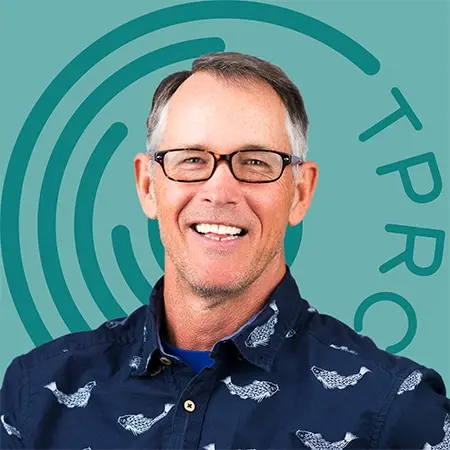
CEO
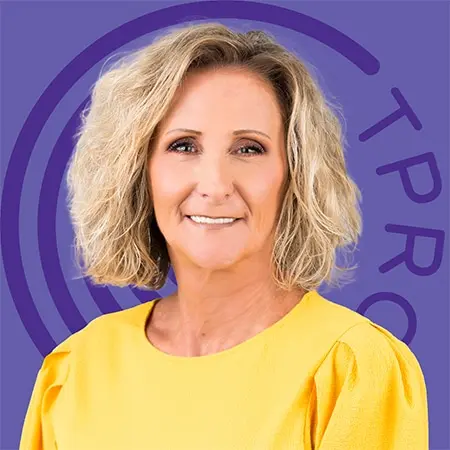
Executive Director
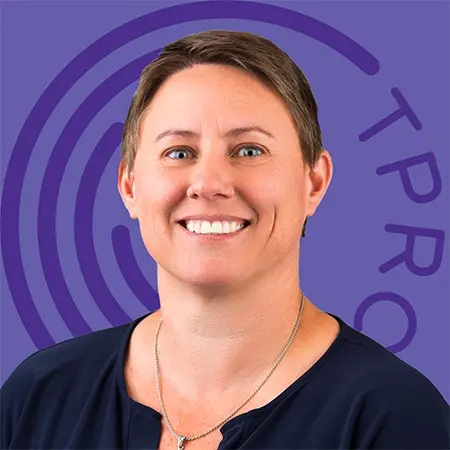
Operations & Residential Director
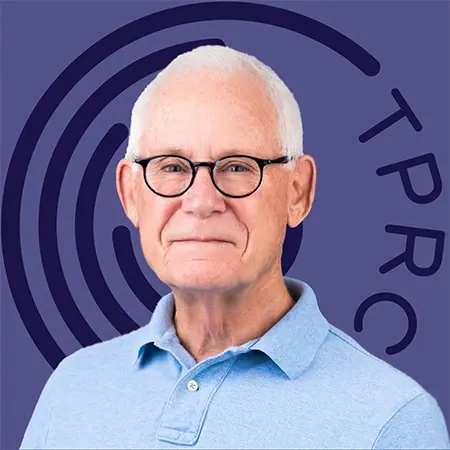
Medical Director

Nurse Practitioner
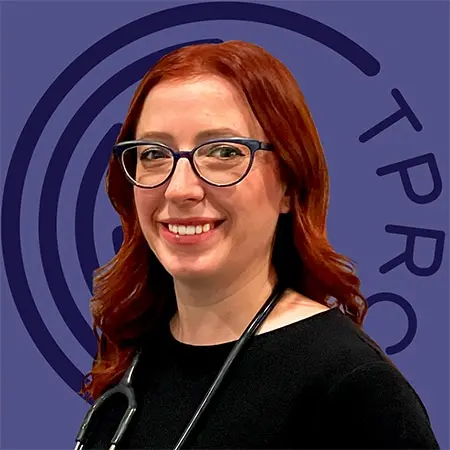
Nurse Practitioner
Accreditations

The Joint Commission, formerly known as JCAHO, is a nonprofit organization that accredits rehab organizations and programs. Founded in 1951, the Joint Commision's mission is to improve the quality of patient care and demonstrating the quality of patient care.
Joint Commission Accreditation: Yes
Contact Information
9201 Montgomery Boulevard
Building 5
Albuquerque, NM 87111





